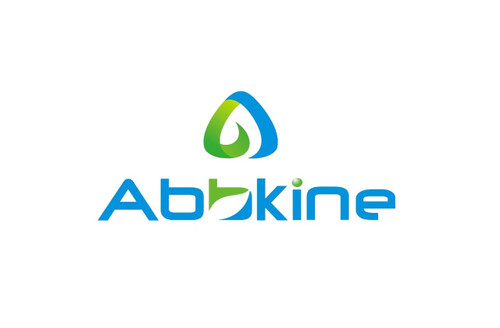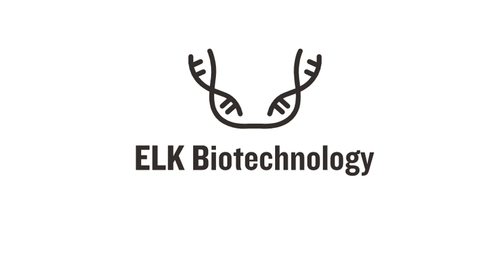Product Description
Human S100 calcium binding protein A14 (S100A14) ELISA Kit | AE20920HU | Abebio
Species Reactivity: Human (Homo sapiens)
Abbreviation: S100A14
Alternative Name: BCMP84; S100A15; OTTHUMP00000032965|OTTHUMP00000032966|breast cancer membrane protein 84
Application: ELISA
Range: 0.312-20 ng/mL
Sensitivity: 0.113 ng/mL
Intra-Assay: ≤3.2%
Inter-Assay: ≤7.4%
Recovery: 1, 01
Sample Type: Serum, Plasma, Other biological fluids
Detection Method: Sandwich
Analysis Method : Quantitive
Test Principale: This assay employs a two-site sandwich ELISA to quantitate S100A14 in samples. An antibody specific for S100A14 has been pre-coated onto a microplate. Standards and samples are pipetted into the wells and anyS100A14 present is bound by the immobilized antibody. After removing any unbound substances, a biotin-conjugated antibody specific for S100A14 is added to the wells. After washing, Streptavidin conjugated Horseradish Peroxidase (HRP) is added to the wells. Following a wash to remove any unbound avidin-enzyme reagent, a substrate solution is added to the wells and color develops in proportion to the amount of S100A14 bound in the initial step. The color development is stopped and the intensity of the color is measured.
Product Overview: S100A14 is a member of a subfamily of proteins related by Ca (2+) -binding motifs to the EF-hand Ca (2+) -binding protein superfamily.Using a proteomics approach to identify genes upregulated in breast cancer, followed by database analysis and PCR of a breast carcinoma cell line, Adam et al. (2003) cloned S100A14, which they called BCMP84. BCMP84 expression in normal tissue was restricted to stratified squamous epithelium of skin, cervix, and tonsil. Weak staining was seen in normal breast ductal tissue, but strong immunoreactivity was detected in 10 of 58 (17%) breast cancer tissues. BCMP84 was expressed in the plasma membrane of transiently transfected breast carcinoma cells.By fluorescence in situ hybridization, Pietas et al. (2002) mapped the S100A14 gene to chromosome 1q21 in a cluster with at least 15 other S100 genes.
Stability: The stability of ELISA kit is determined by the loss rate of activity. The loss rate of this kit is less than 5% within the expiration date under appropriate storage condition. The loss rate was determined by accelerated thermal degradation test. Keep the kit at 37°C for 4 and 7 days, and compare O.D.values of the kit kept at 37°C with that of at recommended temperature. (referring from China Biological Products Standard, which was calculated by the Arrhenius equation. For ELISA kit, 4 days storage at 37°C can be considered as 6 months at 2 - 8°C, which means 7 days at 37°C equaling 12 months at 2 - 8°C) .
 Euro
Euro
 USD
USD
 British Pound
British Pound
 NULL
NULL








